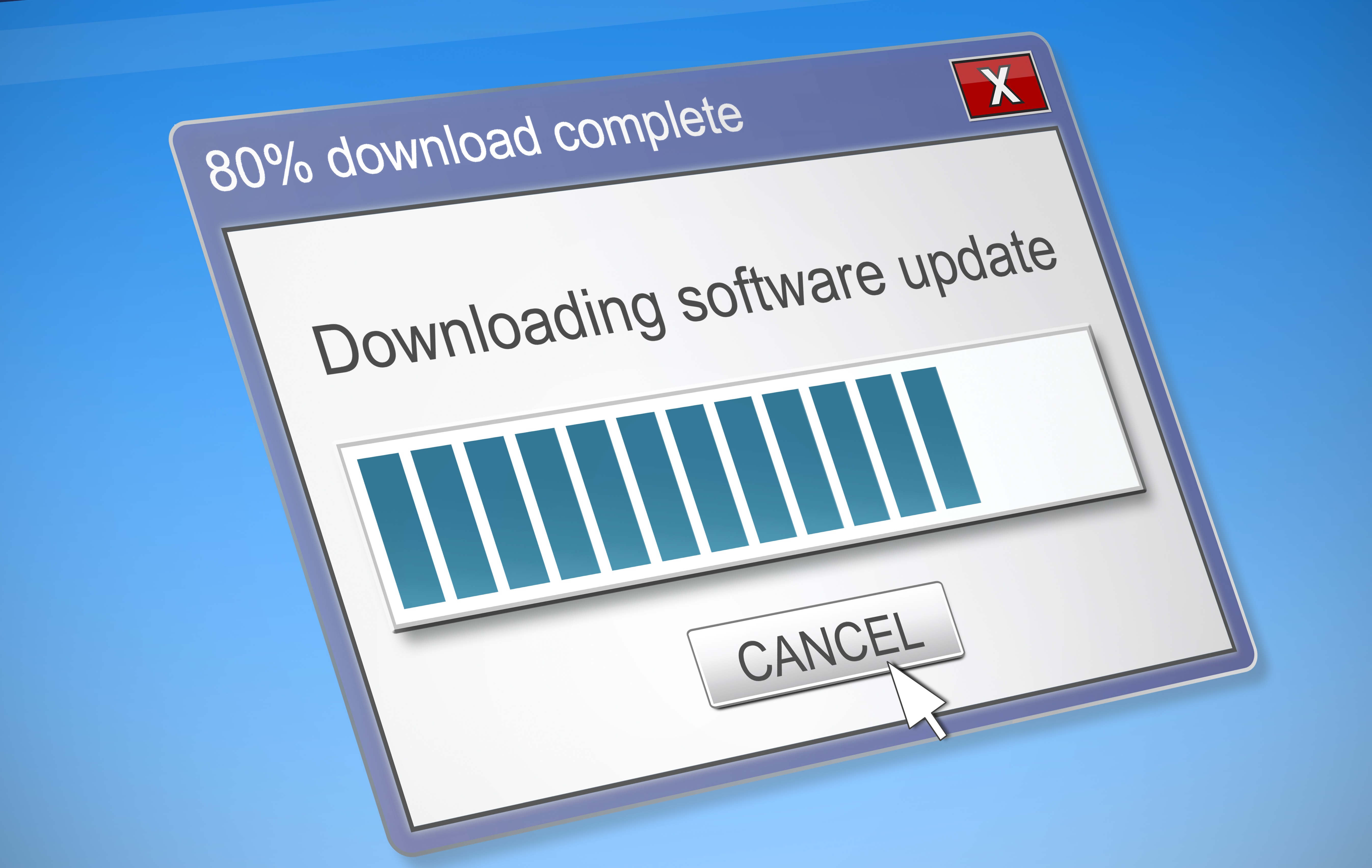
Welcome To The Data Leak Lawyers Blog
We focus on the latest news surrounding data breaches, leaks and hacks plus daily internet security articles.

We focus on the latest news surrounding data breaches, leaks and hacks plus daily internet security articles.

Issues relating to inappropriate access to medical records is something we have talked about before. It’s completely wrong and can have a huge impact for the victims.
In some cases – and this is what we will look at here – unauthorised access to medical data can be a great deal more sinister than staff being curious about people they’re acquainted with. In some cases, employees have accessed information for more sinister means, where they have targeted specific individuals to pursue them for relations.
We have represented people who have been unscrupulously contacted by employees who have accessed their contact data through their employment to then engage them for relations. In these kinds of scenarios, the impact for the victim can be substantial, so it’s important to know your rights.

We offer professional, confidential and no-obligation advice and representation for an HIV status data leak as an area of law that we have particular expertise in.
One of the first data actions that we took forward was for victims of the infamous 56 Dean Street Clinic leak. This 2015 leak resulted in the HIV status for almost 800 patients being exposed, and the impact for the victims has been substantial. Having built legal cases for the many who placed their legal cases with us, we understand just how bad this kind of data exposure can be.
It’s important to know our background in these kinds of claims, given how serious a matter like this is. A lot of law firms have started offering services for data cases, and we’ve seen some remarkable and unsubstantiated claims being made by some firms when it comes to their role in the sector. People need to take care.

It’s official: the first GDPR fine in the UK has been issued to Doorstep Dispensaree for data protection breaches that spanned across a two-year period.
This one involves medical data, which is some of the most personal and sensitive forms of data that there is. Medical data breach compensation claims account for a large proportion of the legal cases that we take forward because of how common they can be, and because of the impact on victims. The impact is often severe because this is the kind of information that we do not want to be misused or exposed.
The breach period, in this case, is between June 2016 and June 2018, which means that it just falls within the GDPR start period from May 2018. The Information Commissioner’s Office (ICO) was reportedly alerted to the breach by the Medicines and Healthcare Products Regulatory Agency (MHRA) who were conducting unrelated enquiries.

News of the New Year’s Honours List data leak incident rounded off what has been yet another year of leaks, breaches and hacks.
You can take it from us – as data breach experts – that news of this breach was nothing to be surprised about. We’re often asked for our expert insight by the media as we discuss what feels like a never-ending carousel of incident after incident, and this latest leak was yet another in what has been a big year for data breaches on the whole.
Our client numbers continue to grow given how often these kinds of incidents are taking place. When personal and sensitive information is misused or exposed, it’s important that victims know their rights.

When it comes to hospital cyber-attacks, our focus is on ensuring that the victims’ voices are heard and that they have the chance for the justice that they deserve.
The threat that hospitals are facing from cybercriminals is substantial. A large volume of the individual compensation claims that we take forward are for medical data breach incidents, and many of them stem from cybersecurity events.
The 2017 WannaCry incident was perhaps one of the biggest examples that showed just how much of a target the healthcare sector really is.

Ultimately, snooping on medical records is not OK at all. In fact, in the UK, this behaviour can constitute as a breach of data protection laws, and that can land the snoopers in trouble and give the victims the right to claim.
The Information Commissioner’s Office (ICO) has prosecuted a number of NHS workers for these kinds of incidents. They have also had to issue general warnings to remind staff about their obligations and duties, and the fact that snooping on records could get you prosecuted, fined and sacked.
In terms of the victims, they can have the right to bring legal action for compensation if their records are ever snooped on. We can represent people for medical data protection breach cases like this on a No Win, No Fee basis.

When it comes to the impact for victims and their rights that are enshrined in law, there’s simply no excuse when it comes to accidental data breaches.
Although “accidents happen”, as they say, there’s so much that organisations can – and must – do to prevent breaches and leaks. A lot of it is simple stuff, and a lot of it comes down to employers putting policies and procedures in place, and employees sticking to them.
We can show you how easy it is with a few simple examples. We can also advise about the rights of victims and inform you what you can do if you are ever the victim of a breach or a leak.

We’ve discussed the issue of the police misusing IT systems before, and it’s a topic that needs to be addressed a lot given the nature of the data that they’re charged with.
Officers and employees have access to huge amounts of data, some of which is very personal and very sensitive. When exposed, victims can be understandably distressed, and that’s where we can assist.
Victims of a data breach can be entitled to make a claim for compensation that stems from the loss of control of private and sensitive information. We may be able to represent you, and since no one is above the law, you shouldn’t worry about going up against the police.

If you have been the victim of a social care records data breach, you may be entitled to make a claim for compensation with us on a No Win, No Fee basis.
One of the most common types of individual legal cases that we represent people for involve councils, and a large volume of them relate to social care information. Social care data can be incredibly personal and sensitive which is why we find that data breach compensation pay-outs for these kinds of incidents can be quite high.
Victims should always know their rights. An apology isn’t always enough, especially when the data that has been exposed or misused is sensitive, which can often be the case when it comes to social care data.

NHS data breaches and technology can go hand-in-hand. A lot of the incidents that we take forward for both individual cases and group action / multi-party claims often involve technology issues.
One of the most common types of cases that we take forward are NHS data breach compensation claims. Not only can they be common, but the impact for the victims – given how personal and sensitive medical data is – can usually mean that they suffer significant distress. That’s why our work to fight for the rights of the victims is so important.
We’re involved with more than one infamous group legal action as well as countless individual claims for medical data breaches. If you have been affected by an NHS data breach, we may be able to help you as well.
EasyJet admits data of nine million hacked
British Airways data breach: How to claim up to £6,000 compensation
Are you owed £5,000 for the Virgin Media data breach?
Virgin Media faces £4.5 BILLION in compensation payouts
BA customers given final deadline to claim compensation for data breach
Shoppers slam Morrisons after loyalty points stolen
Half a million customers can sue BA over huge data breach
Lawyers accuse BA of 'swerving responsibility' for data breach
The biggest data breaches of 2020
Fill out our quick call back form below and we'll contact you when you're ready to talk to us.